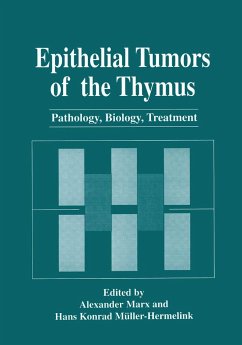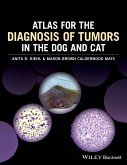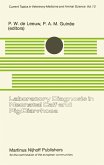Thymic epithelial tumors are rare and mostly malignant human neoplasms charac terized by a fascinating variety of morphological features and an unrivaled frequency of associated autoimmune diseases. As a consequence, a myriad of complex diagnostic and clinical problems ensues in patients with these tumors. Since only a few specialists in each country are familiar with these problems, this volume intends to summarize the state of the art of thymic epithelial tumor pathology and biology and treatment protocols. The vol ume is also designed to promote the interaction between scientists from a variety of disci plines and physicians treating thymoma patients. In the first part of the volume, morphological and immunohistological criteria are given for the various subtypes of thymic epithelial tumors. The two competing classifica tions and nomenclature systems existing to date are jointly considered. In addition. mor phological overlaps between organotypic and nonorganotypic thymic epithelial tumors are stressed, since they may have a major bearing on diagnostic and therapeutic strategies. The second part of the volume is devoted to recent data on normal T-cell maturation and the impact of abnormal T-cell development in thymic epithelial tumors on the development of paraneoplastic autoimmunity. Multicolor flow cytometry. the human/SCI[}-mouse system, transgenic mouse technology, and T-cell cloning techniques have greatly contributed to this fascinating field of research.








